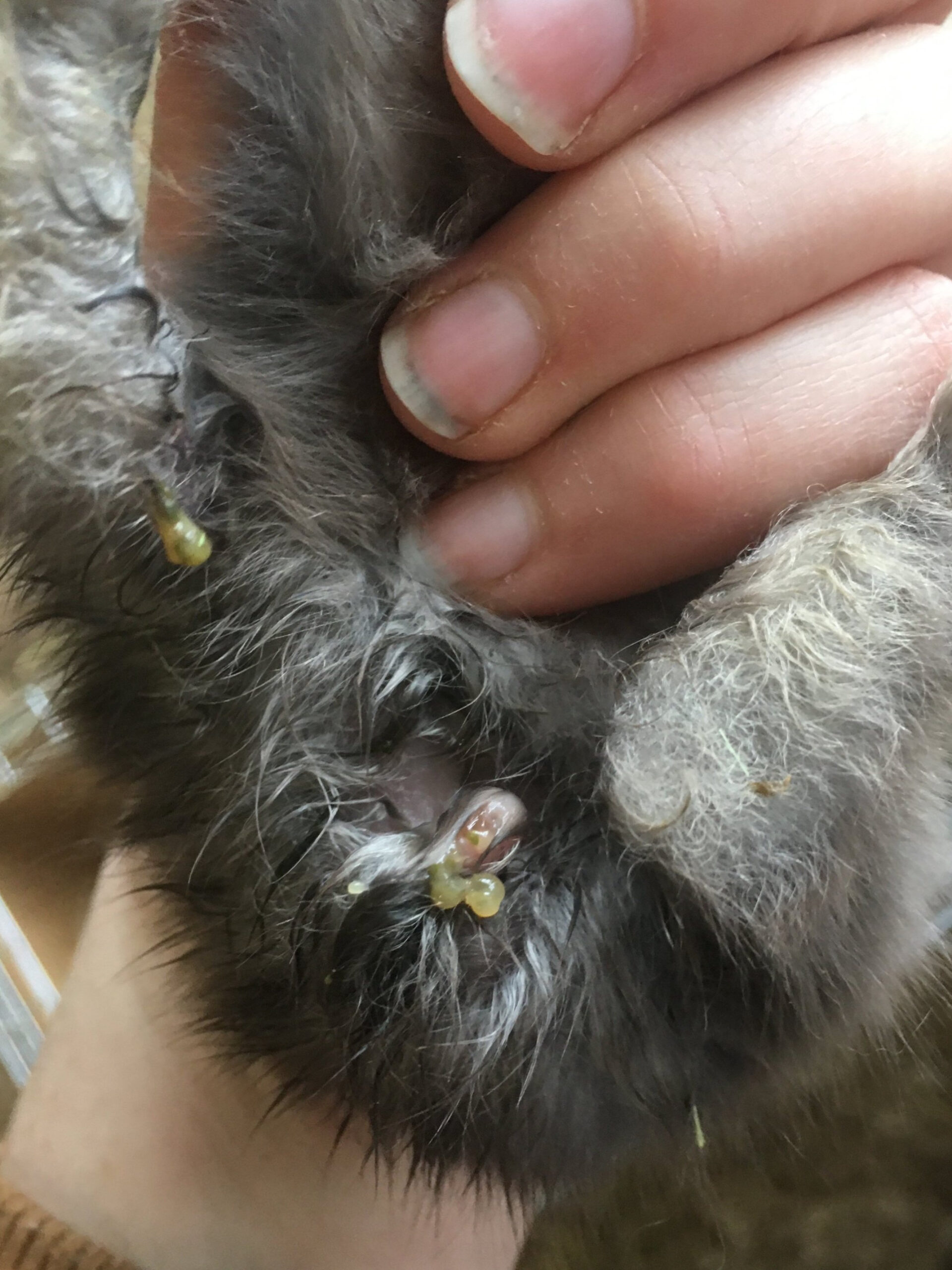How Do Rabbits Get Coccidia?
Coccidia is a common parasitic infection that can affect rabbits of all ages. It is caused by a microscopic protozoan parasite called coccidia, which can live in the intestines of rabbits and cause severe health issues. Understanding how rabbits get coccidia is crucial in preventing and treating this infection.

Risk Factors
While coccidia can affect any rabbit, certain factors can increase the risk of infection. It is essential to be aware of these risk factors to take appropriate preventive measures. The following are some common risk factors for rabbits contracting coccidia:
- Age: Young rabbits, especially those between 4 to 12 weeks old, are more susceptible to coccidia infections. Their immune systems are still developing and are less capable of fighting off the parasite.
- Poor hygiene: Unsanitary living conditions, such as dirty cages or litter boxes, can contribute to the spread of coccidia. Rabbits that are exposed to feces from infected animals have a higher risk of contracting the parasite.
- Overcrowding: Keeping rabbits in overcrowded environments can increase the chances of coccidia transmission. Close contact and sharing contaminated water or food with infected rabbits can lead to the spread of the parasite.
- Stress: Stress weakens a rabbit’s immune system, making them more susceptible to coccidia infections. Stressors can include changes in diet, temperature, or living environment, as well as the presence of other diseases.
Transmission
Coccidia is primarily transmitted through the ingestion of oocysts, which are microscopic eggs shed in the feces of infected rabbits. Once the oocysts are passed, they develop into infective stages that can survive in the environment for weeks or even months. The most common routes of transmission for rabbits include:
- Ingestion: Rabbits can accidentally ingest the oocysts present in contaminated food, water, or bedding. When a rabbit consumes the infective oocysts, the parasite can invade the intestinal lining and develop into mature organisms.
- Direct contact: Close contact with infected rabbits through physical interaction or sharing of living spaces can allow for the direct transmission of coccidia. This can occur when healthy rabbits come into contact with contaminated fur, saliva, or urine of infected individuals.
- Indirect contact: Rabbits may become infected through indirect contact with contaminated objects or environments. This can include using shared equipment, such as litter boxes or feeding bowls, that have been contaminated with infected feces.
Prevention and Treatment
Preventing coccidia in rabbits is crucial to maintaining their overall health and well-being. Here are some preventive measures and treatment options to consider:
- Hygiene: Keep the living environment of rabbits clean and sanitized. Regularly clean cages, litter boxes, and food bowls to minimize the risk of coccidia transmission.
- Isolation: Isolate and separate any sick or infected rabbits from the healthy ones to prevent the spread of coccidia. This will also help reduce stress levels for both infected and healthy rabbits.
- Quarantine: Introduce new rabbits to the existing group only after a thorough quarantine period. This helps to identify any potential carriers of coccidia and prevent the introduction of the parasite into the group.
- Veterinary care: Regular check-ups with a veterinarian are essential to monitor the health of rabbits and detect any signs of coccidia infection early. Prompt treatment can prevent the infection from becoming severe.
- Treatment: If coccidia infection is diagnosed, appropriate medications prescribed by a veterinarian should be administered to affected rabbits. It is important to follow the vet’s instructions carefully and complete the full course of treatment.
Remember: Prevention is better than cure. Maintaining good hygiene, reducing stress, and getting regular veterinary check-ups can significantly reduce the risk of coccidia in rabbits.
Frequently Asked Questions (FAQs)
1. Can coccidia be transmitted from rabbits to humans?
No, coccidia infections in rabbits are species-specific and cannot be transmitted to humans. However, practicing good hygiene when handling rabbits and their feces is still important to prevent the spread of other potential zoonotic diseases.
2. Are all rabbits carriers of coccidia?
No, not all rabbits are carriers of coccidia. However, since coccidia is a common parasite, it is essential to be vigilant and take preventive measures to minimize the risk of infection.
3. Can coccidia infections in rabbits be prevented with vaccines?
Currently, there are no vaccines available to prevent coccidia infections in rabbits. Maintaining a clean living environment, practicing good hygiene, and providing proper veterinary care are the best preventive measures.
4. Can coccidia infections in rabbits be fatal?
Coccidia infections can be potentially fatal, especially in young or immunocompromised rabbits. Prompt diagnosis and appropriate treatment are crucial in preventing severe complications and reducing the risk of mortality.
Related Articles…
Copyright Notice:
Images displayed on this website are not our property, but are procured from the internet. If you hold copyrights to any image and wish for its removal, please get in touch with us.